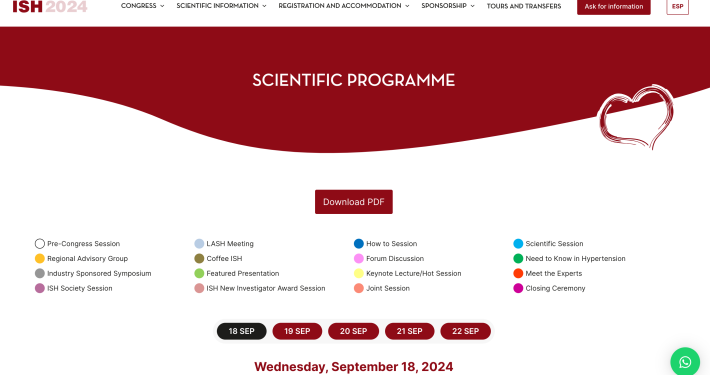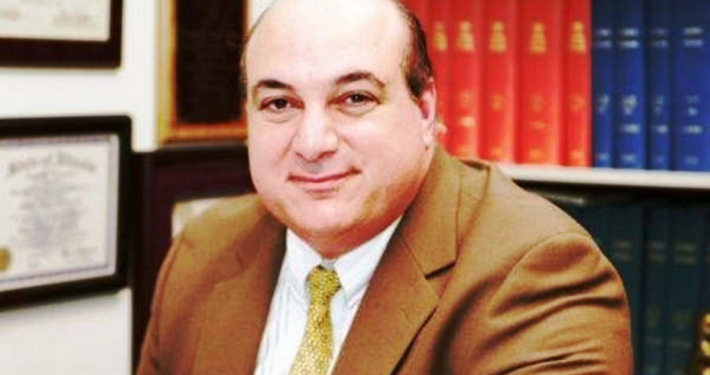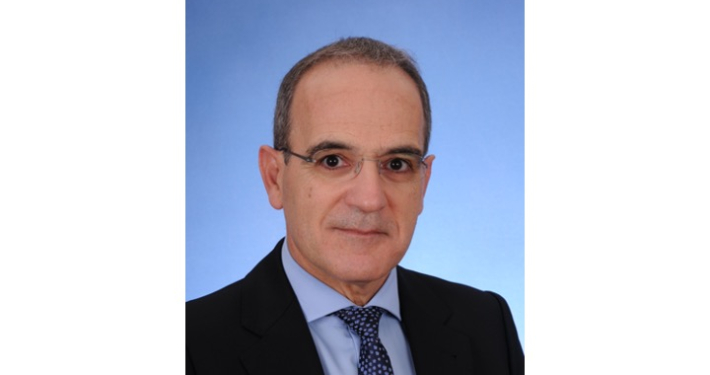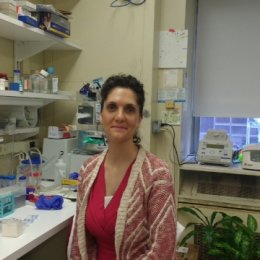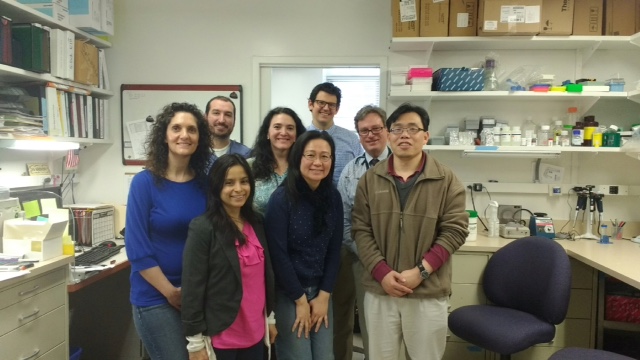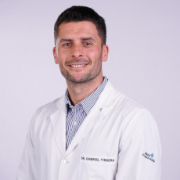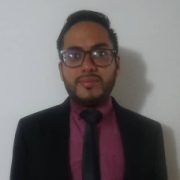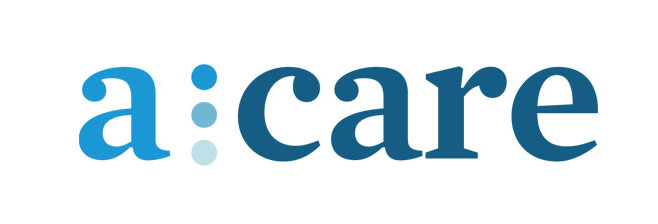What do you consider to be your substantial scientific contribution so far (provide Pubmed PMID if possible)?
With the help of Drs. Elinoff and Danner, I established and phenotypically characterized an in vitro model of PAH using several molecular techniques including confocal microscopy and genome-wide expression profiling. We identified significant changes in the Ras/Raf/ERK signaling pathway, drawing parallels with the cellular alterations common to many types of cancer. Targeting this pathway with FDA-approved therapies currently used to treat cancer patients, we were able to reverse some of the phenotypic abnormalities observed in this cellular model of PAH. PMID: 26589479
What is your favorite manuscript from a lab or mentor other than your own (provide Pubmed PMID if possible)?
One of my favorite manuscripts is by Rai and Voelkel (PMID: 18556624) where for the first time the cancer paradigm of PAH was described.
Where do your research strengths lie? Why? What are your research weaknesses? How will you improve?
My strengths are that I am highly motivated, have a tremendous work ethic and I love what I do. I am excited about the challenges of research and where they will take me. Research is not just a job, I enjoy what I do and that motivates me to work hard. The opportunity to help those afflicted with PAH motivates me to keep asking questions in order to better understand what causes the disease and how we can improve the lives of patients with PAH.
One of my weaknesses is that I try to do everything on my own. I am realizing that research is a team effort and that asking for help is not a sign of weakness. So I am trying to be more inclusive of others and ask for help to move the project forward to find answers.
Describe your unforgettable (proudest) moment in science, and the most challenging situation that you have had to overcome (lessons learnt) so far?
There are always times when things get complicated and tough, but I try to keep things in perspective. I enjoy my job and I feel very fortunate to be working in the field of PAH so even when faced with a difficult challenge, I take comfort in knowing that I can overcome an obstacle and that it will get better.
At which conference did you first present? How was your experience?
The first major conference I presented at was the American Thoracic Society’s 2015 Grover Conference, a conference dedicated to research of the pulmonary circulation. I was extremely nervous because the audience included top clinicians and scientists in the field. My mentors, Drs. Robert Danner and Jason Elinoff, provided encouragement and helped prepare me for my talk. It was an honor presenting, the audience was very friendly and I received useful feedback.
How did you learn about ISH/NIN and its activities?
The ISH/NIN initially reached out to the NHLBI Office of the Scientific Director to identify post-doctoral fellows in the field of hypertension research. Dr. Jessica Chertow from the NHLBI Office of the Scientific Director contacted Dr. Elinoff who then put me in touch with the ISH.
What area(s) do you wish to specialize in the future?
I would like to continue working in the field of pulmonary arterial hypertension. There is so much to learn. This is a rare disease without a cure and it impacts every aspect of a patient’s life. Simple things we take for granted, like walking up a flight of stairs, can be nearly impossible for them to do. We need to better understand the molecular mechanisms causing PAH, such as dysregulated proliferation, altered cellular metabolism and inflammation, so that we can develop more specific therapies for patients.
Who is your role model in Science? Why?
I have been fortunate to be surrounded by great mentors who have taught me and continue to teach and push me to excel. From my Ph.D mentor, Dr. Angelo DeLucia who inspired me early on in my career, to give it my best and to be a thoughtful scientist. Dr. William Lynch, who pushed me to step outside of my comfort zone and to take chances and believe in myself. Dr. Robert Danner is my current mentor and in just the last 5 years of being under his guidance, I have grown so much as a scientist. He believes in me and gives me the freedom to develop my own projects while supporting and encouraging me every step of the way. Dr. Jason Elinoff has been very supportive during my transition into the lab and the field of PAH. He excels as a clinician and as a scientist, works very hard and no matter how busy he is, always has time to help everyone in the lab. I am very lucky to have so much continued support in my career.
What are your scientific goals? Advice for talented emerging scientists?
I am exactly where I want to be and so my goal is to continue to advance our understanding of the complex pathobiology of PAH with the hope of one day seeing new treatments available for patients as a result of our hard work.
My advice to emerging scientists is to never quit believing in your self. Approach science with your eyes open and ask for help.

